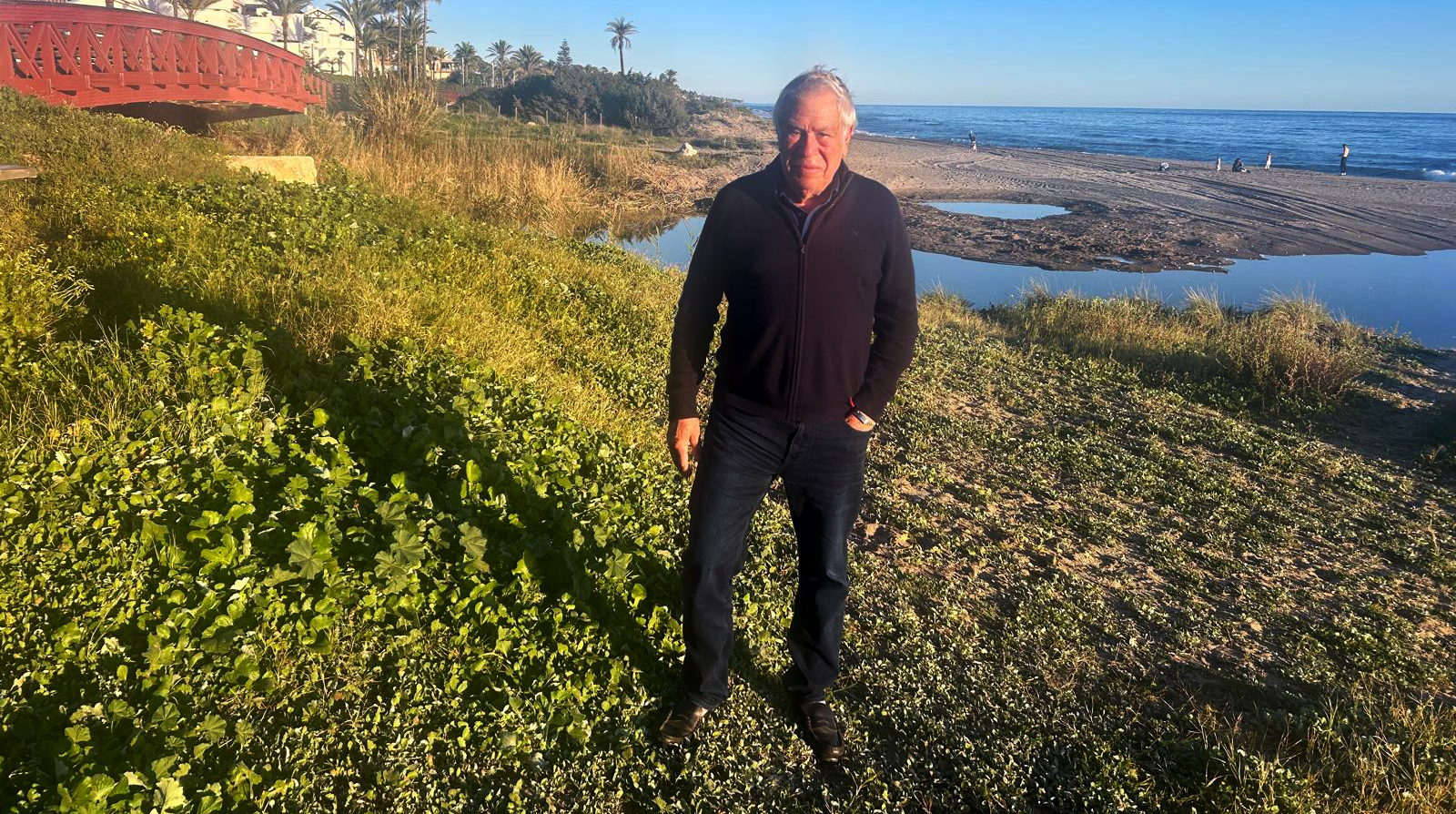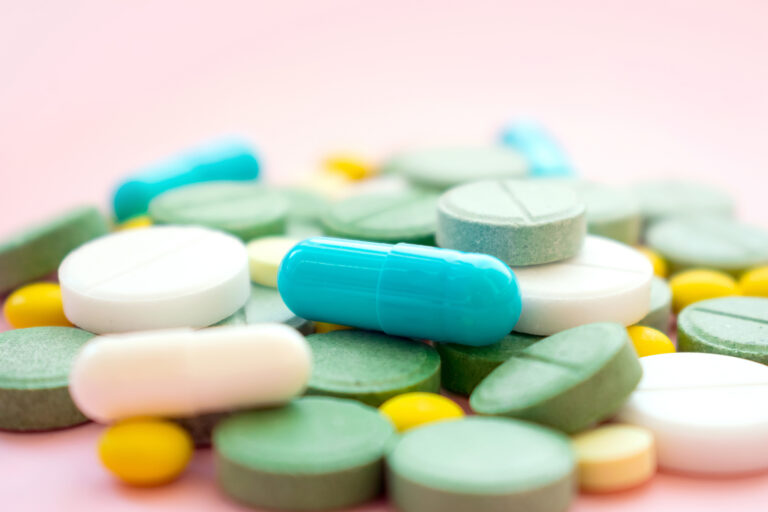We were struck by a recent article in The Mail on Sunday, which asked the question – “Is it radical to suggest we deter people from taking drugs in the first place?”. This article suggested that, rather than move further down the road of legalisation, that we should toughen our stance on drug taking and use the legislation we have in place to prosecute drug users, not simply drug dealers.
It says that despite police powers and laws, “few people now go to prison for simple possession of illegal drugs…the laws we have in place against drug possession appear to be tough, but they are paper tigers, rarely, if ever imposed.”
We spoke to the Co-Founder of The Bridge Howard Silver to get his feedback on this approach. “I am not a legal expert, but as a recovering addict, who has helped hundreds of addicts over the years, I know that stronger enforcement of drug possession laws wouldn’t make any difference to an addict. Unfortunately, drug addiction is very powerful and an addict doesn’t care whether it is legal or illegal and doesn’t consider the consequences. They are driven to get their chosen substance at any cost.
However, it could stop the casual user, or party goer from accessing substances, which may help to stop an addiction from developing.
As someone who has volunteered in prisons, I worry about the lack of professional support available in these already overstretched prisons. If more addicts go to jail for possession, they are unlikely to get the help that they need, and when they are released, they will be even less likely to have the resources to turn their lives around and get well.
Sending more people with a problem to overcrowded prisons doesn’t seem to be the answer. Prisons are expensive, and ideally the money you would spend to have someone in jail, could be spent on addiction treatment programmes, to break the hold that the addiction has on them and stop the illegal and antisocial behaviour.”
Drug Use and Legalisation
Drug use is widespread, with around 2.9 million people in England and Wales using drugs between March 2023 and March 2024. It’s particularly common in the 16-24 age range with 16.5% using drugs over that period, according to the Office for National Statistics.
Despite drug use not showing much change since the previous year, deaths related to drug poisoning have been increasing every year since 2012. The latest stats for 2023 showed that there were 5,448 deaths related to drug poisoning in England and Wales. This is the equivalent of 93.0 deaths per million people, up from 2022 which saw 84.4 deaths per million, and a total of 4,907 deaths. As the author of the Mail on Sunday article highlights, “drugs now kill three times as many people each year as die in road accidents…and these numbers are rising.”
Experts, health professionals and governments are searching for the solution to the drug problem and ways to make it safer, including decriminalisation. However, the article suggests that legalisation in Canada, Portugal and some US states has not had the outcome that was expected. Much of the activity is still in the hands of illegal gangs and the tax revenues produced have been lower than thought. Yet, decriminalisation is still going ahead, and the first drug consumption room was just launched in Scotland, to give users a safe space to inject illegal drugs, with medical support on hand.
We asked Howard on his thoughts on a drug consumption room, “As addicts will use no matter what, having a safe space to do it is not a bad idea, as long as there is also access to addiction treatment.
If this kind of space, made a connection with drug users and then had quality addiction treatment services to help those people get well, it could be a good way to connect with that community.
We must offer quality rehabilitation services to more people and ensure that money is not a barrier to getting help. We know from personal and professional experience that anyone can get clean and sober, with the right help. However, addiction rehabilitation centres like ours can only help a small minority of people, and everyone should have access to treatment via the NHS.”
How The Bridge is Helping Addicts Recover
Since 2019, we’ve been offering bespoke and tailored addiction treatment programmes in southern Spain, focusing on getting to the root of why the addiction has developed and treating the cause, not simply the addiction. Through group and 1-2-1 therapy, counselling, complimentary therapies and treatments, alongside the 12 steps, we offer a complete addiction treatment programme, which is highly effective. Our aim is to build mental and physical strength and resilience during our clients’ stay and equip them with coping mechanisms and strategies to enable them to achieve long-term recovery.
In an ideal world, all addicts would have access to high-quality, whole-person addiction therapy like this. Investing in allowing more addicts rehabilitation care would make the biggest difference to the addiction problems, drug deaths and related issues with crime and anti-social behaviour.




